Table of contents
As we age, our bodies go through numerous changes, affecting us both physically and mentally. A major change occurs in both men and women when we’re aged between 40 and 60, which is caused by a drastic drop in our reproductive hormone levels. This is known as menopause for women – a condition that is commonly understood – and the male equivalent, andropause, which is not very well known. Here, we’ll detail what menopause and andropause are, the symptoms experienced with each condition, the main differences between them and how to combat the symptoms.
What is menopause?
Menopause is diagnosed once a woman’s menstrual periods have stopped altogether for 12 months. It’s a natural part of the aging process that’s caused by the depletion of the hormones estrogen, follicle-stimulating hormone (FSH), testosterone and progestogen. At the start of menopause, the ovaries stop functioning correctly so that neither ovulation nor menstruation occur and there’s a sharp decline in the hormones produced. Once menopause has finished, a woman can no longer have any children.
Some factors can lead to the early onset of menopause, such as if a woman has had her uterus or ovaries removed. Other behaviour can lead to a deficiency in hormone levels, which speeds up the process. This can include having a poor diet, drinking excessively or suffering from obesity.
What are the symptoms of menopause?
All women experience menopause and it’s quite a sudden process, leading to a number of symptoms as the body responds to the fast changes. These can include:
- Hot flushes
- Night sweats
- Vaginal dryness
- A low libido
- Depression
- Anxiety
- Mood swings
- Nausea
- Weight gain
- Brain fog
- Hair loss
- A lack of energy
What is andropause?
Andropause is a gradual condition in men that’s caused by a decrease in testosterone levels. Not all men are affected by andropause, which is one of the reasons it’s not widely known. The levels of testosterone – which is the hormone that creates muscle mass, hair on the face and body and causes a man’s voice to deepen – reduce very slowly, such as by 1% to 2% each year. Unlike menopause in women, andropause in men doesn’t cause infertility.
What are the symptoms of andropause?
Despite the gradual onset and effects of andropause, there are various symptoms that men can suffer from, including:
- Erectile dysfunction
- Weight gain
- Hair loss
- Night sweats
- Reduced muscle mass
- Depression
- Anxiety
- Mood swings
- Hot flushes
- A low libido
- Brain fog
- A lack of energy
How do menopause and andropause differ?
As mentioned above, there are a few main differences between these distinct conditions in men and women.
They occur at different levels
In menopause, the hormone levels decrease rapidly and this sudden change in a woman’s body leads to numerous symptoms that signify the arrival of menopause. Andropause, on the other hand, occurs gradually over time and it can be so slight that symptoms are not always apparent or are experienced a lot later in the process.
All women experience menopause but not all men suffer from andropause
Menopause is a natural process that affects all women at some point in their lives. It typically happens between the ages of 40, which is considered to be an early age to have menopause, and 60, which is a late age to suffer from the condition. Andropause, however, doesn’t affect all men. Most men, in fact, don’t have a significant enough decrease in testosterone levels to suffer from andropause.
Menopause leads to infertility — andropause doesn’t
As a woman’s reproductive hormones reduce to the point where ovulation and menstruation stops, the end result of menopause is that the woman becomes infertile and can no longer have any children. Although men suffering from andropause have lower levels of testosterone, their fertility is not affected.
Ways to combat the symptoms of menopause and andropause
Once the signs of menopause and andropause are understood and recognized, steps can be taken to ease the symptoms that a person may be suffering from. Medical advice can be sought from a doctor or a more natural approach can be taken to relieve the symptoms.
Medical treatments
Many of the symptoms of andropause are similar to those experienced with other conditions, such as late-onset hypogonadism. If a man experiences any of the symptoms detailed above, his doctor can do a blood test to check his levels of testosterone and ascertain whether or not he is experiencing andropause. The signs of menopause are much clearer as it’s diagnosed once a woman’s menstrual periods have ceased for at least a year but, again, a blood test can confirm this.
For either condition, medication can be taken to help combat the symptoms. This can be in the form of hormone replacement therapy (HRT). For men, HRT involves testosterone replacement while estrogen and progestogen are replaced in women. When suffering from anxiety or depression, cognitive behavioural therapy can be sought. In some cases, antidepressants may be prescribed or medication to combat high blood pressure.
Natural solutions
Adopting a healthy lifestyle can also ease the symptoms of each condition. To help ease night sweats and hot flushes, it’s advisable to wear loose, lightweight clothing and keep the bedroom as cool as possible. Caffeinated and alcoholic drinks should be avoided as well as spicy foods as these increase the body’s temperature. It’s also best to stop smoking.
It’s important to maintain a healthy diet that’s rich in nutrients and has lower amounts of sugar and carbohydrates. It’s also essential to get regular exercise and it is worth taking part in relaxing activities, such as tai chi, yoga or deep breathing exercises, which can also help to ease some of the symptoms. Women can develop weak bones so it’s recommended to take calcium supplements as well as those for vitamin D if there’s not enough sunlight to promote its natural production.
Natural supplements can be taken to help relieve some of the symptoms. These supplements can be used to even out mood swings, promote sexual health, calm hot flushes and night sweats, ease anxiety and foster better sleep patterns.
Bioidentical hormones are derived from plant sources and are a natural alternative to medical hormone replacement therapy. The plant-derived hormones have a chemical composition that’s identical to those produced in the body. Compounded bioidentical hormone therapy can be tailored to an individual’s needs and may have fewer side effects than traditional HRT, although studies are still being conducted to ascertain its effectiveness and safety.
Check out our Health Blog article: Relieve Your Menopause Symptoms Naturally With Plant-Based Supplements to learn more about natural solutions to menopause symptoms.
You may also find this article about andropause interesting: Let’s Discuss Male Menopause, Andropause



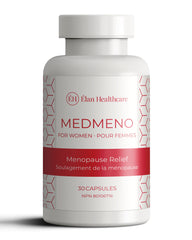
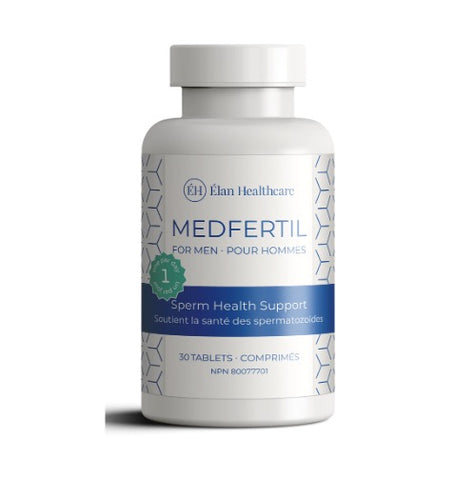
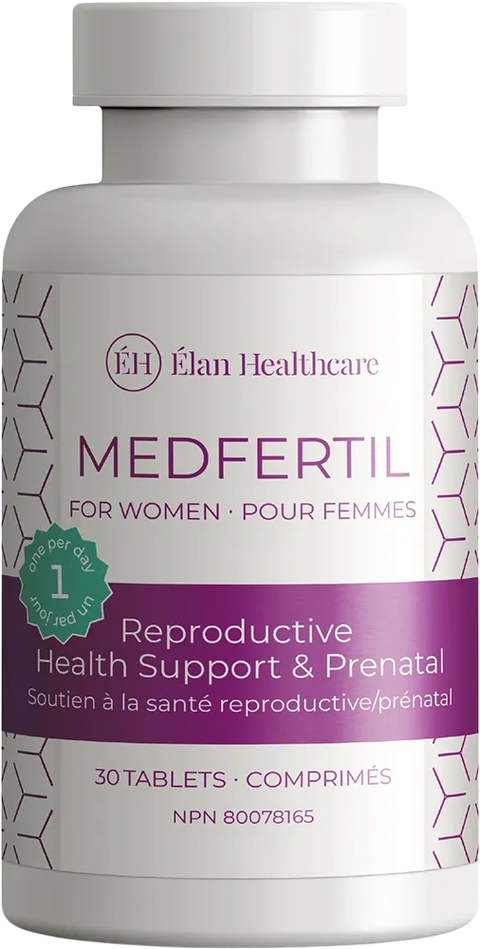
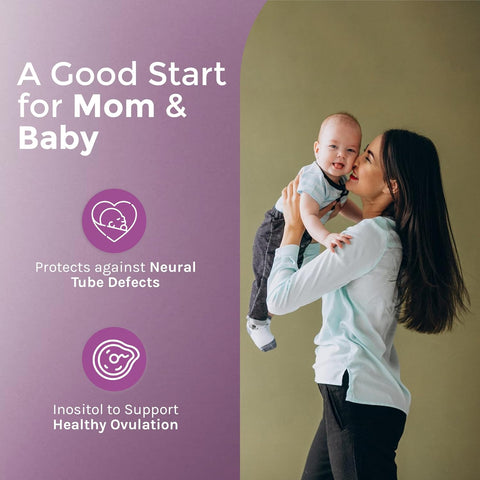
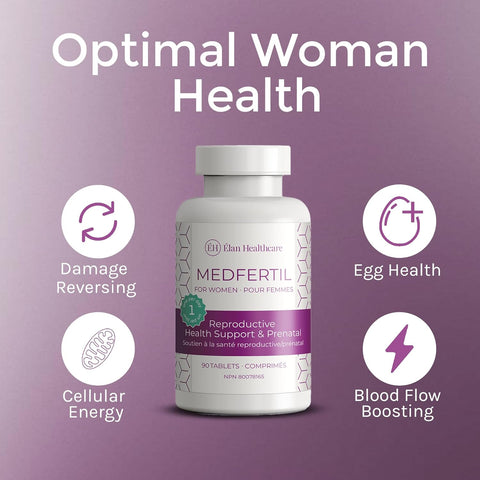
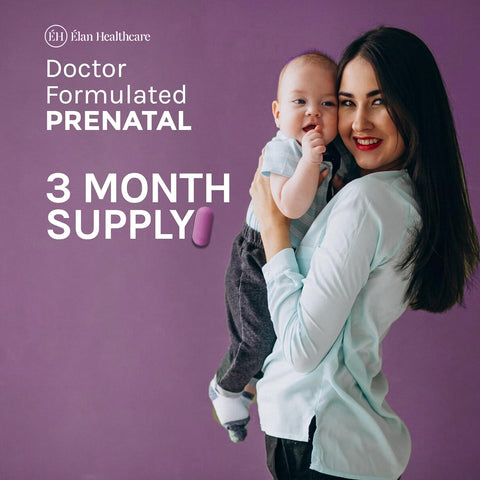
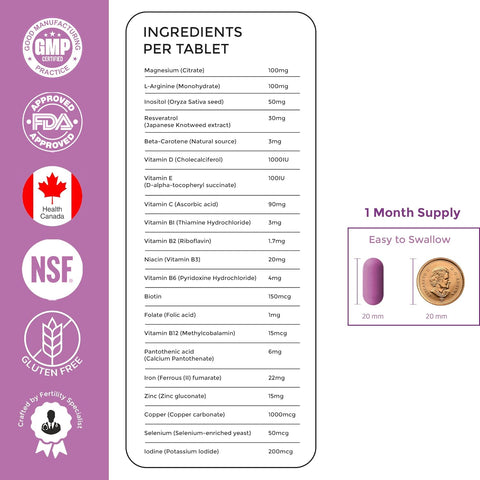

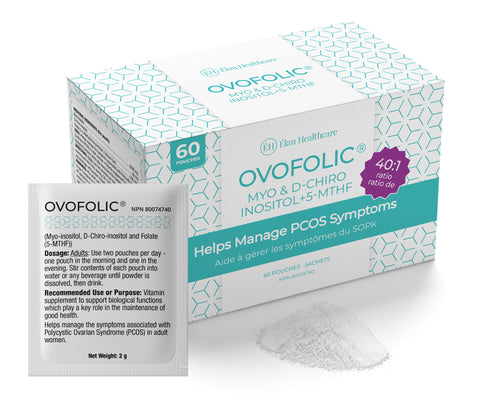
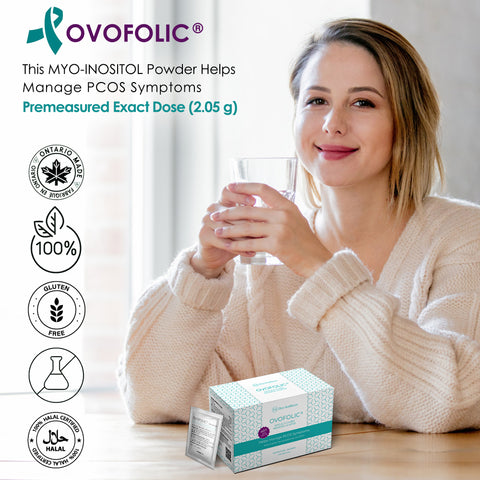
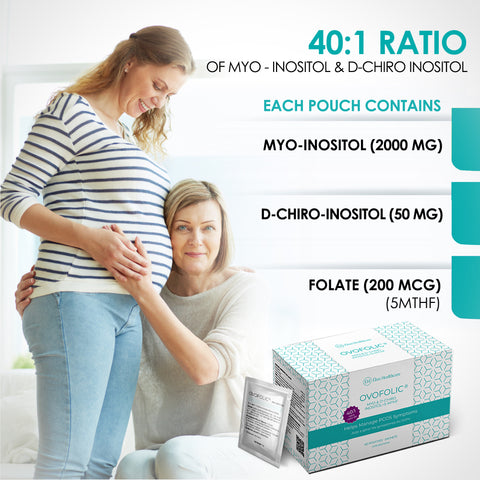
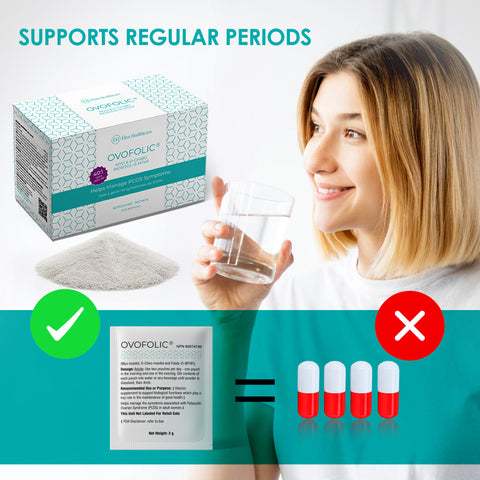
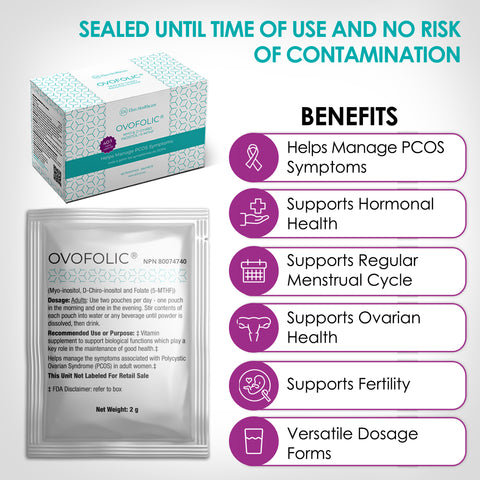
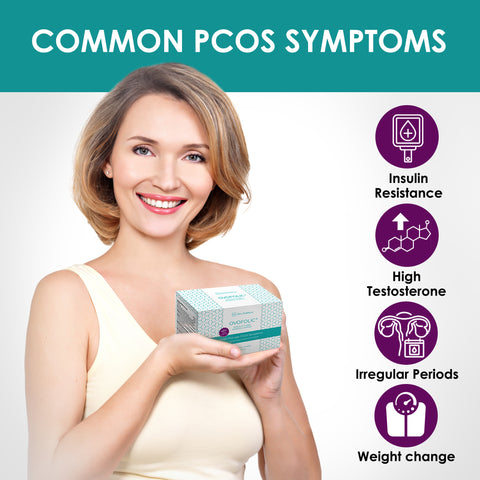
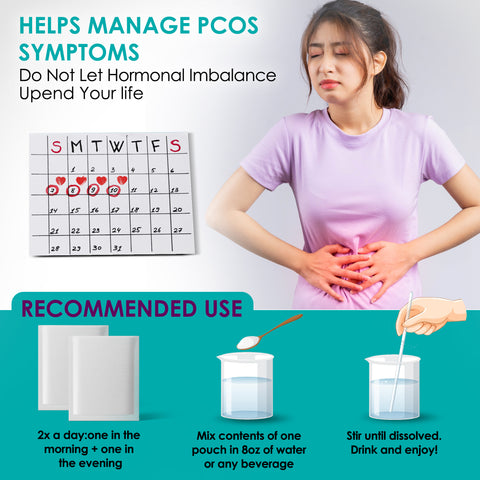

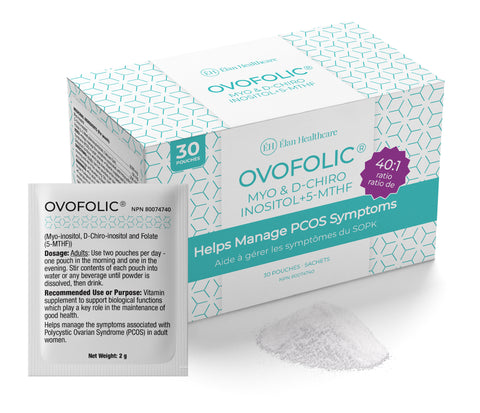


No comments yet.
There are no comments for this article. Be the first one to leave a message!
+ Open to leave a Comment